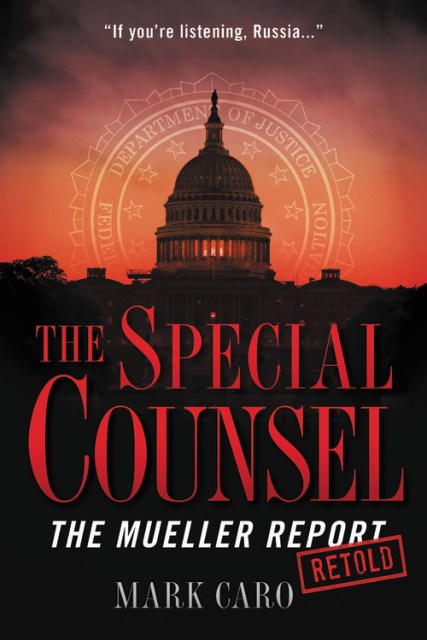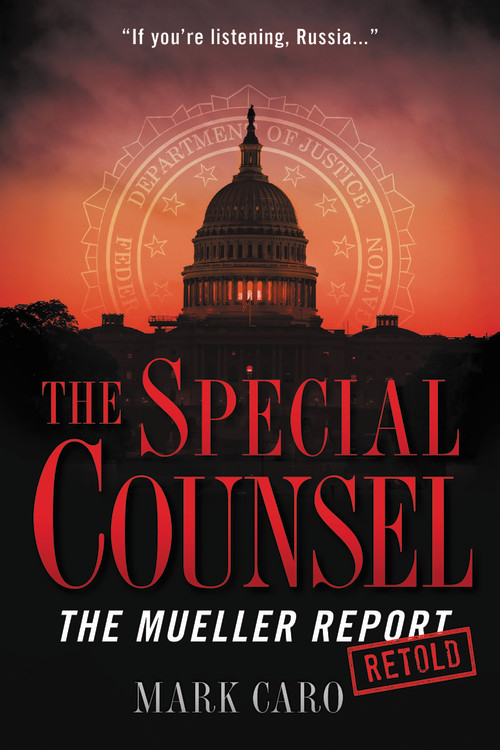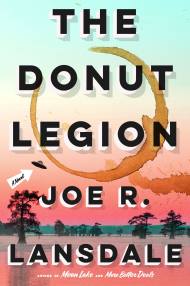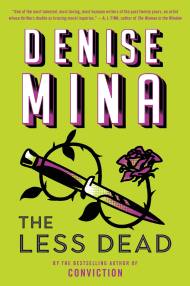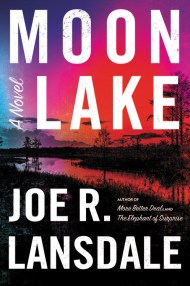By clicking “Accept,” you agree to the use of cookies and similar technologies on your device as set forth in our Cookie Policy and our Privacy Policy. Please note that certain cookies are essential for this website to function properly and do not require user consent to be deployed.
The Special Counsel
The Mueller Report Retold
Contributors
By Mark Caro
Formats and Prices
- On Sale
- Dec 10, 2019
- Page Count
- 336 pages
- Publisher
- Mulholland Books
- ISBN-13
- 9780316496261
Price
$21.99Price
$28.99 CADFormat
Format:
- Trade Paperback $21.99 $28.99 CAD
- ebook $11.99 $15.99 CAD
- Audiobook Download (Unabridged)
This item is a preorder. Your payment method will be charged immediately, and the product is expected to ship on or around December 10, 2019. This date is subject to change due to shipping delays beyond our control.
Buy from Other Retailers:
“This is the end of my presidency. I’m fucked.” -President Donald Trump
With more than 350,000 copies sold, the Report on the Investigation into Russian Interference in the 2016 Election has taken its place as the defining document of the Trump administration. Replete with some of the most infamous characters and outlandish schemes in modern American history, the underlying evidence in the Special Counsel’s written testimony could have been plucked from the script of a blockbuster movie. But at 400-plus pages of bewildering redactions and impenetrable legal analysis, the text itself is so dense that even our elected officials have admitted to leaving the report unread.
Now, stripped of legalese while still faithful to fact, The Special Counsel tells the story of what really happened in a compulsively readable-yet comprehensive-narrative. Whisking readers from Manhattan’s Trump Tower to the rural towns of Pennsylvania and the frosty streets of St. Petersburg, this book brings to vivid life the people, places, and politics that have shaped our post-2016 lives. One thing is bone-chillingly clear: our democracy is under attack and only an informed American public can save it. The Special Counsel is as necessary as it is thrilling.
Newsletter Signup
By clicking ‘Sign Up,’ I acknowledge that I have read and agree to Hachette Book Group’s Privacy Policy and Terms of Use
